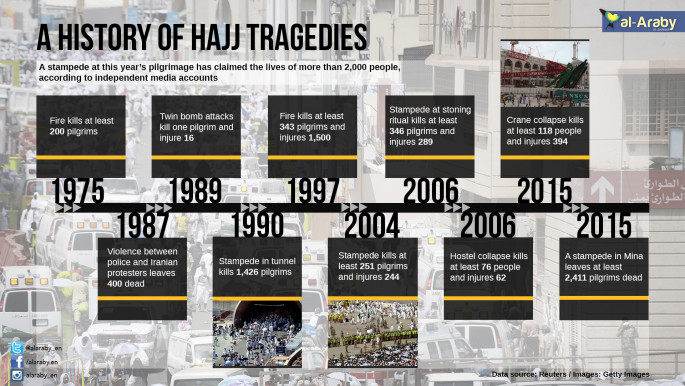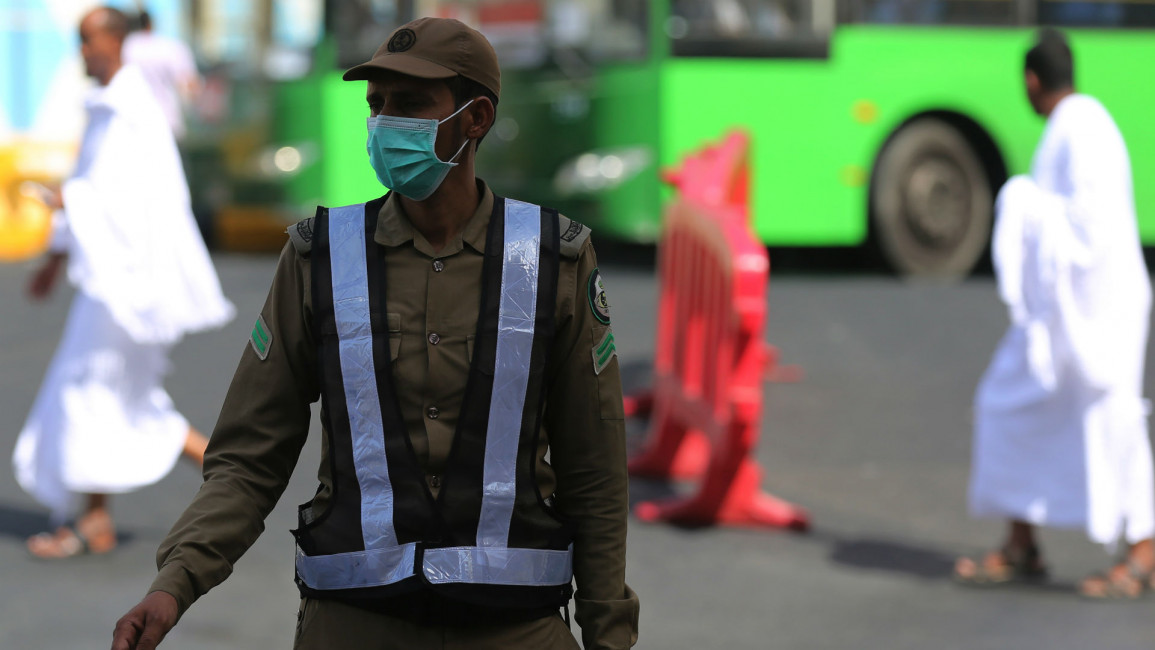Hundreds of Egyptian Hajj pilgrims ‘poisoned’ in Saudi Arabia
He added that the outbreak was being investigated, but the cause was not yet known.
Lutfy added that so far, 17 Egyptians had died on the pilgrimage. He said the oldest casualty was an 87-year-old woman and the youngest was a 43-year-old man. He did not give the causes of death but said one person had died in a motor accident.
Deaths from heat exhaustion, fatigue and other natural causes such as heart attacks are common during Hajj.
The annual Hajj pilgrimage draws around 2 to 4 million people each year to the Muslim holy city of Mecca.
Last year's hajj passed without major health or safety upsets, but a politicisation of the hajj remains a concern amid regional rivalries, including the Saudi-led boycott of neighbouring Qatar, which denies accusations of fostering close ties with Iran and backing extremism.
In September 2015, a stampede killed up to 2,300 worshippers - including hundreds of Iranians - in the worst disaster ever to strike the pilgrimage.
 |
Earlier that month, 100 people were killed when a construction crane toppled into a courtyard of Mecca's Grand Mosque.
Over the Hajj period, Saudi Arabia deploys some 100,000 security personnel and 17,000 civil defence employees to ensure pilgrims' safety.
However outbreaks of disease pose significant danger for pilgrims gathering from all over the world, many of whom are in old age.
A cholera outbreak has been feared for several years after it infected hundreds of thousands of people in Yemen. Dengue, yellow fever and Zika virus also pose a threat.
Follow us on Twitter: @The_NewArab



